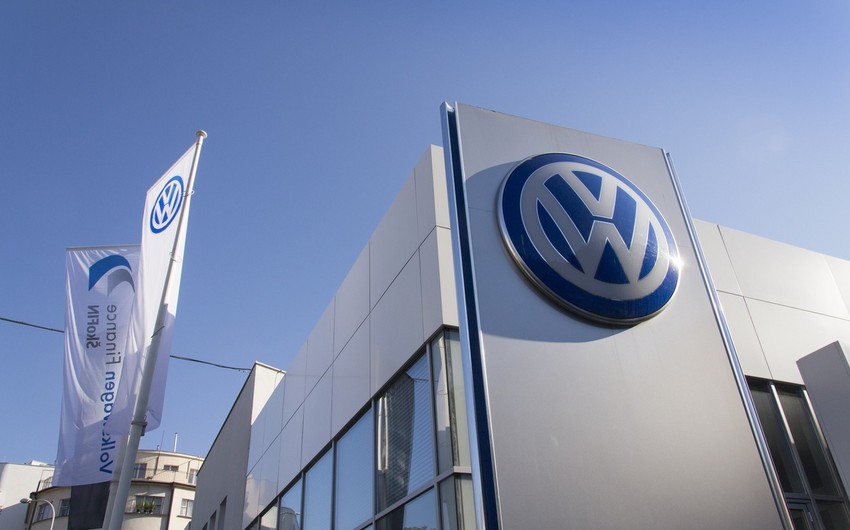Volkswagen says it has “a year, maybe two” to adapt to a slump in European car sales, as it seeks to justify proposals to close factories in Germany for the first time in its history, Report informs referring to The Guardian.
The carmaker told workers at a meeting at its Wolfsburg headquarters on Wednesday that it expected to sell 500,000 fewer vehicles than before the Covid pandemic, “the equivalent of around two plants”, and predicted it would not return to its 2019 level.
The closure plans present a significant problem for the chancellor, Olaf Scholz, whose governing coalition is under severe pressure after losing an election in the German state of Thuringia to Alternative für Deutschland. It was the first time a state election had been won by a far-right party since the Nazi period.
Volkswagen was second only to Japan’s Toyota in 2023 vehicle sales. More than any other company, VW is emblematic of Germany’s mighty automotive industry, which has been one of the forces making the country Europe’s industrial heart. It employs 300,000 people in Germany out of a global workforce of 650,000.
However, Volkswagen and other European rivals were slow to embrace electric cars, which has put them at a disadvantage as rivals from China target Europe to sell their cheaper electric cars.
Arno Antlitz, Volkswagen Group’s chief financial officer, said the carmaker had “a year, maybe two years, to turn things around”.
Volkswagen said Europe’s car sales would not return to the 16m across the market in 2019 – before the pandemic disturbed global supply chains, and semiconductor computer chip shortages, in particular, slowed car production.
“The market in Europe has recovered since then – but will not return to its former level,” Antlitz said. “We expect around 14m vehicles to be sold per year in the future, if at all. And that has nothing to do with our products or poor sales performance. The market is simply no longer there.”


 https://static.report.az/photo/046d4b1f-1072-440a-ae2b-69bbf0c37466.jpg
https://static.report.az/photo/046d4b1f-1072-440a-ae2b-69bbf0c37466.jpg

